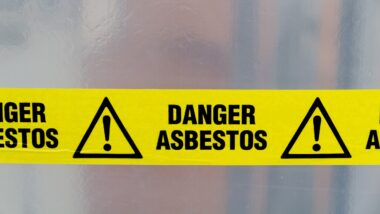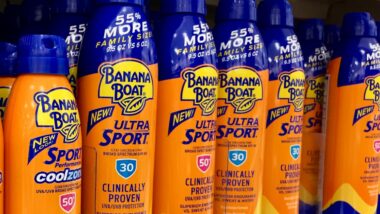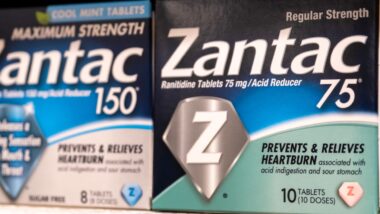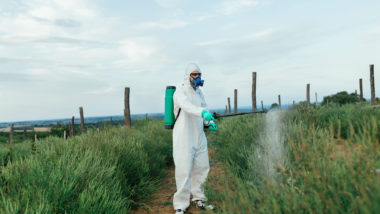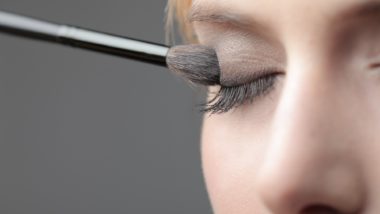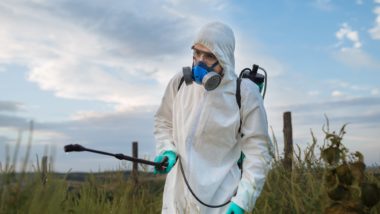Top Class Actions’s website and social media posts use affiliate links. If you make a purchase using such links, we may receive a commission, but it will not result in any additional charges to you. Please review our Affiliate Link Disclosure for more information.

She also alleges in her Roundup cancer lawsuit that her stepfather, another household user of the Roundup weedkiller, passed away from cancer also allegedly caused by the product. This was a widely-anticipated case, but is one of many filed by people who claim they got cancer because of the active ingredient known as glyphosate.
It’s believed that more than 42,000 people have brought a legal claim against Monsanto and Bayer over the Roundup issue. Sharlean G.’s lawsuit is connected to a 2017 lawsuit with more than 75 plaintiffs total.
Her case was scheduled to be the first within that group to go to court. Bayer and Monsanto have continued to deny the allegation that Roundup causes cancer despite the thousands of claims all over the U.S. from people who used Roundup in their home or at work.
In the trials that have already gone before the court on similar allegations, three unanimous juries determined that Roundup does lead to cancer and awarded damages. Although many of the major awards handed out in these early cases were ultimately lowered by the courts after the fact, some believe that the three early victories could be indications of how future juries will decide.
Monsanto has expressed that they intend to appeal future decisions if they also come down in favor of plaintiffs.
Glyphosate is the most popular herbicide in the United States because of its effectiveness on crops like cotton, soybeans, and corn. Some jurisdictions and other countries, however, have banned it from being used at all.
Glyphosate was first sold in the U.S. commercially back in 1974 under the name Roundup. The product works by blocking plant growth enzymes. It’s not the only weed killer with those ingredients inside, however. In fact, there are more than 750 different products with glyphosate inside in either a solid or liquid makeup.
Since it’s used so much throughout the U.S. and in some other places around the world, the likelihood of human exposure to glyphosate is high. Very little research, however, has explored the impacts of this active ingredient on humans.
One small test was done in the past to determine how many potential people could have been exposed. The urine of one small group was analyzed and glyphosate residue was detected in up to 93 percent of them. Researchers are currently looking to explore this possible connection in greater detail.
If you or someone you know has been exposed to Roundup through personal use and then later developed cancer, especially non-Hodgkin’s lymphoma, you might need to discuss your options with an experienced lawyer. Many other consumers have already taken legal action on the grounds that they claim they were not properly told about the risks and continued to use the weedkiller with the expectation that it was safe.
If you or a loved one developed cancer after using Roundup as a farm worker or home gardener, you may have a legal claim. Legal migrant farm workers may also seek help. Learn more by filling out the form on this page for a FREE case evaluation.
ATTORNEY ADVERTISING
Top Class Actions is a Proud Member of the American Bar Association
LEGAL INFORMATION IS NOT LEGAL ADVICE
Top Class Actions Legal Statement
©2008 – 2024 Top Class Actions® LLC
Various Trademarks held by their respective owners
This website is not intended for viewing or usage by European Union citizens.
Get Help – It’s Free
Join a Free Roundup Cancer Class Action Lawsuit Investigation
For the most up-to-date information on this case, click here.

